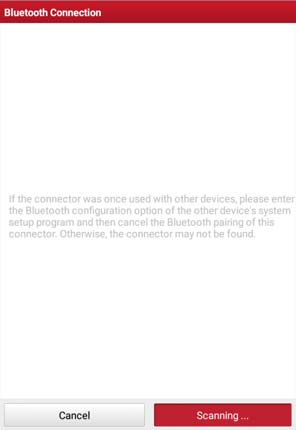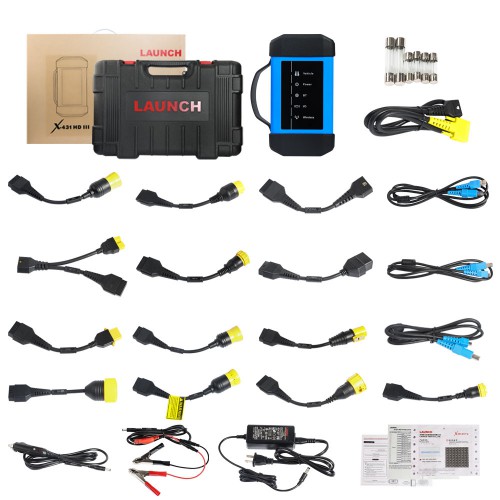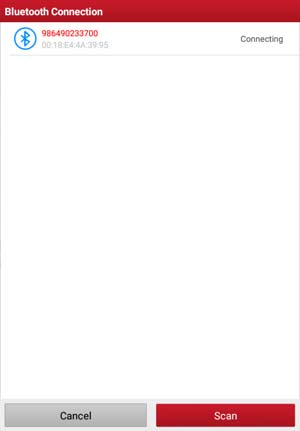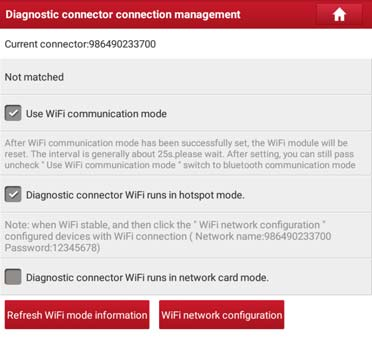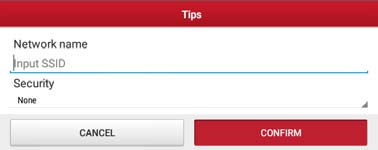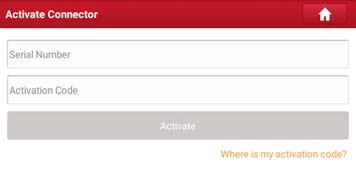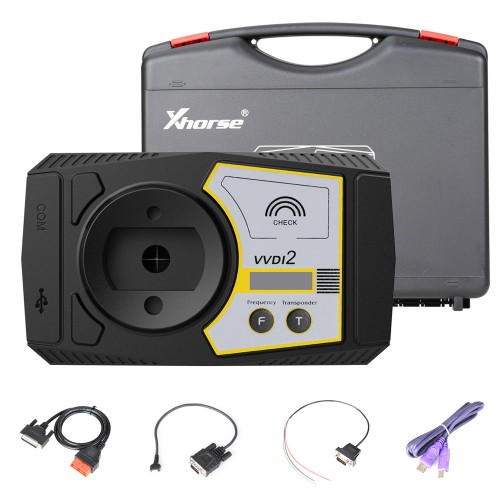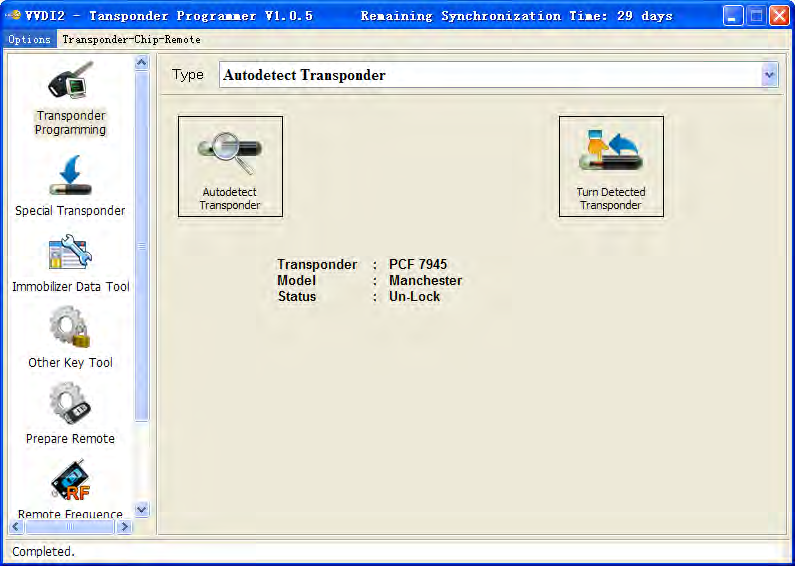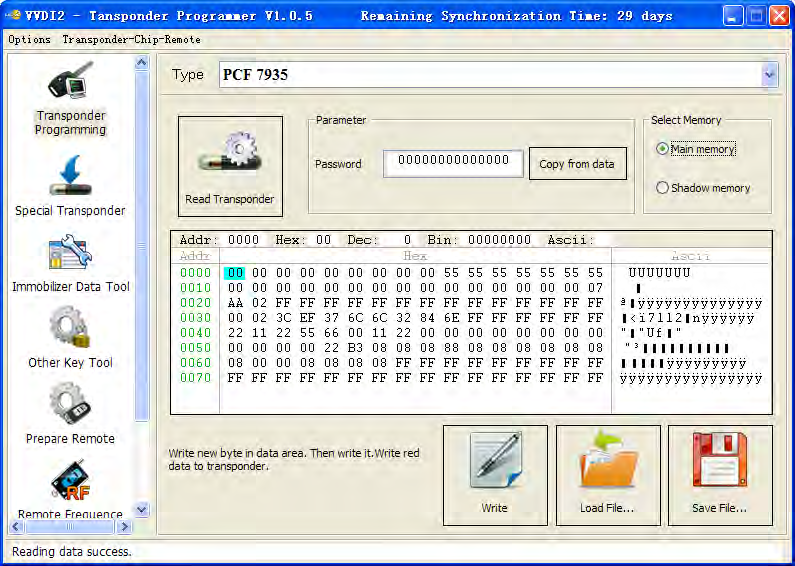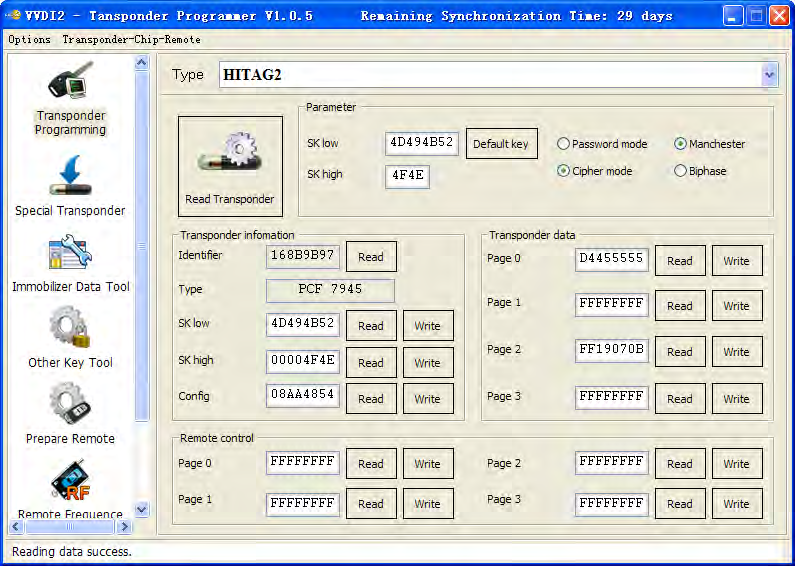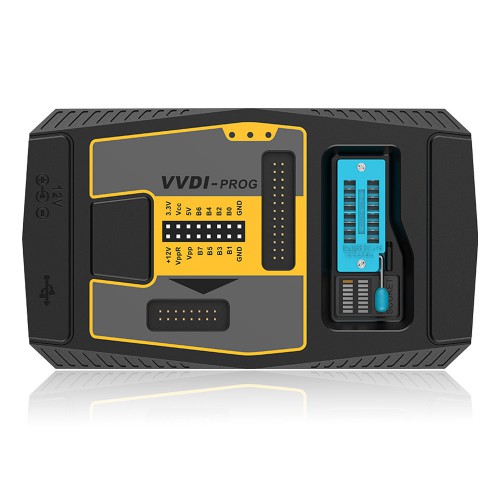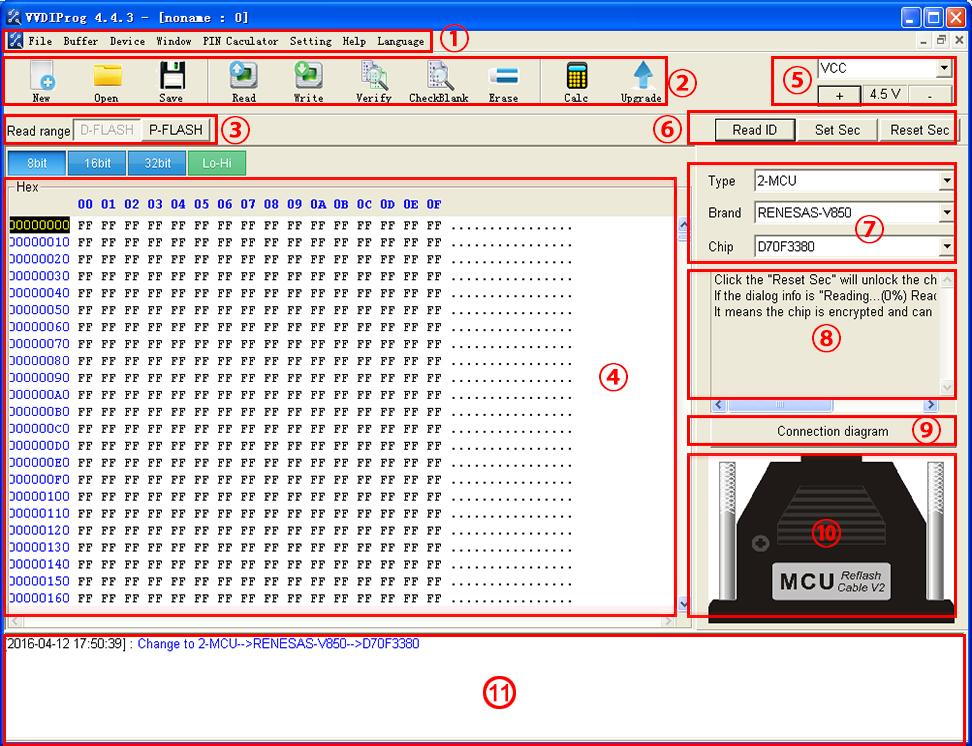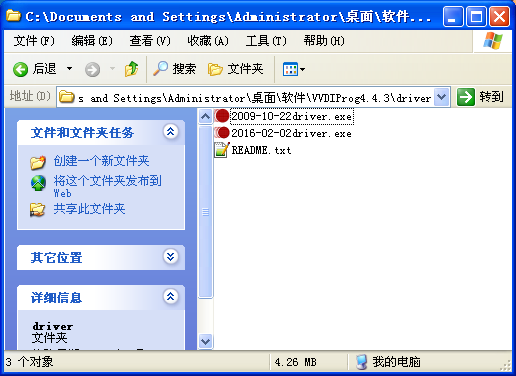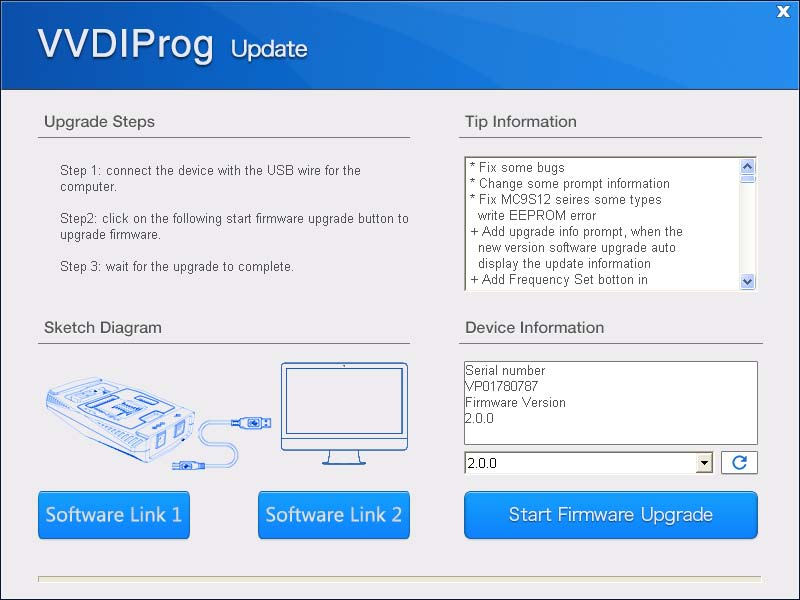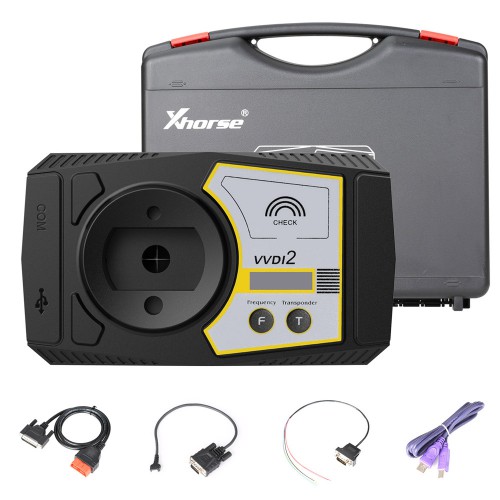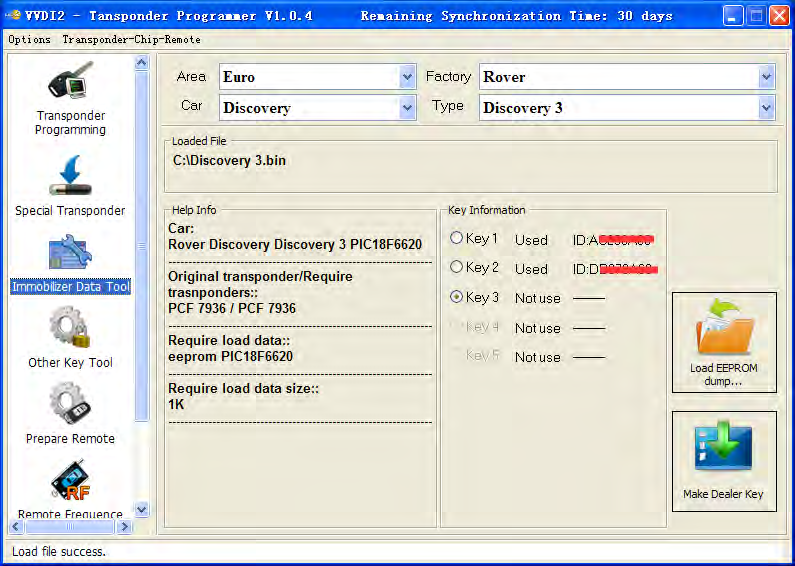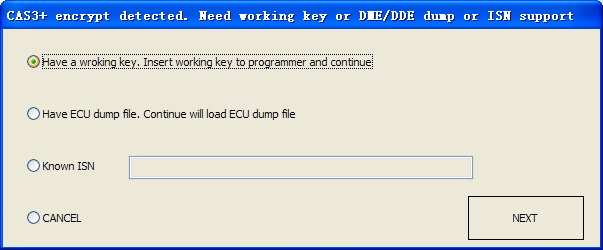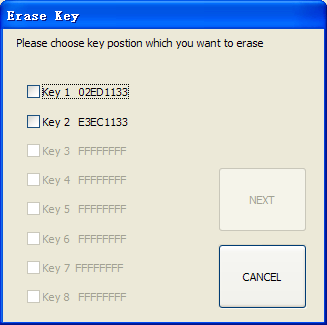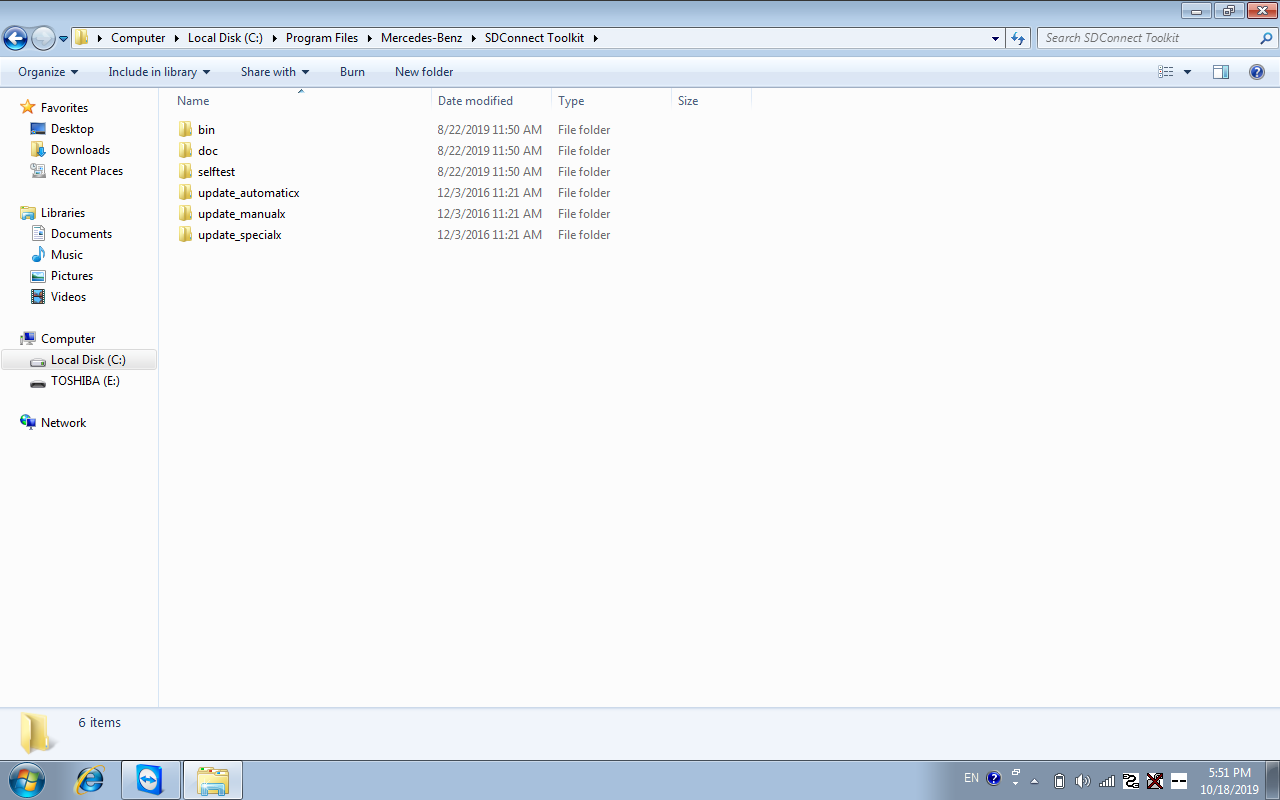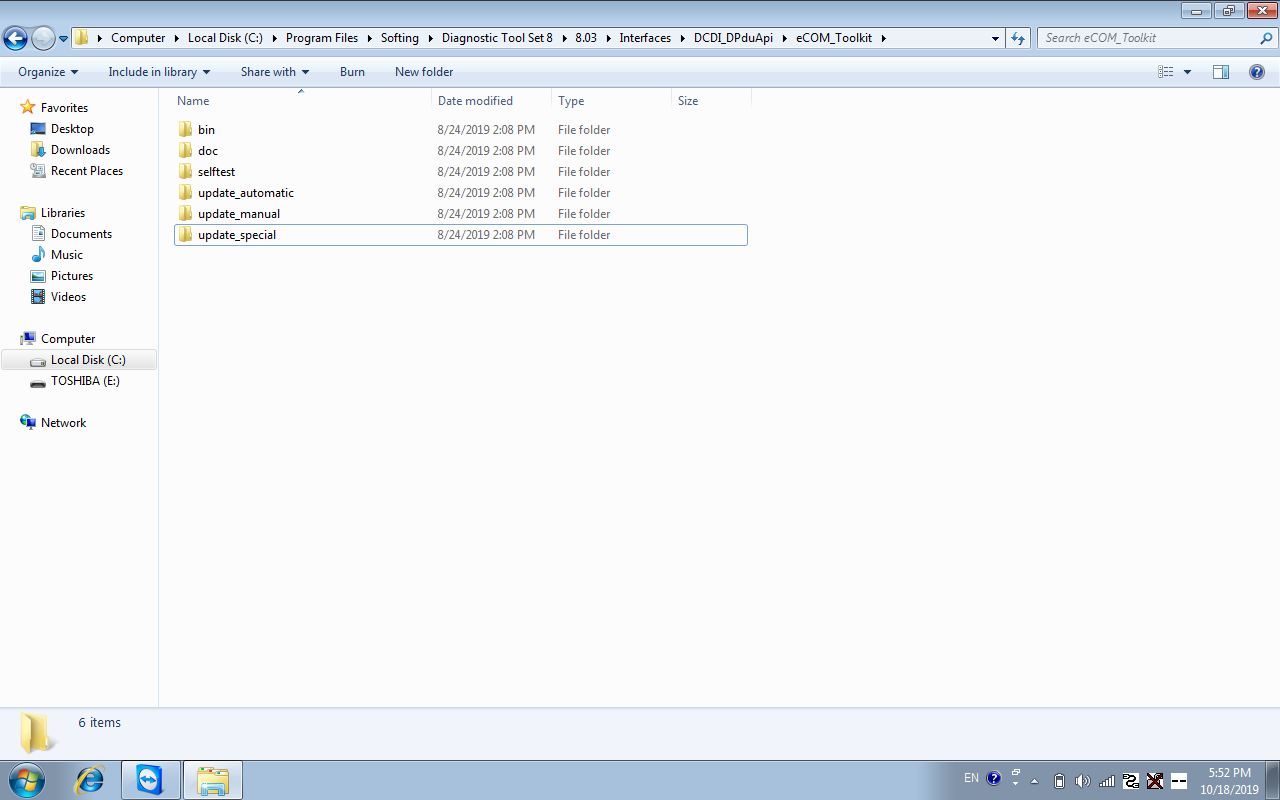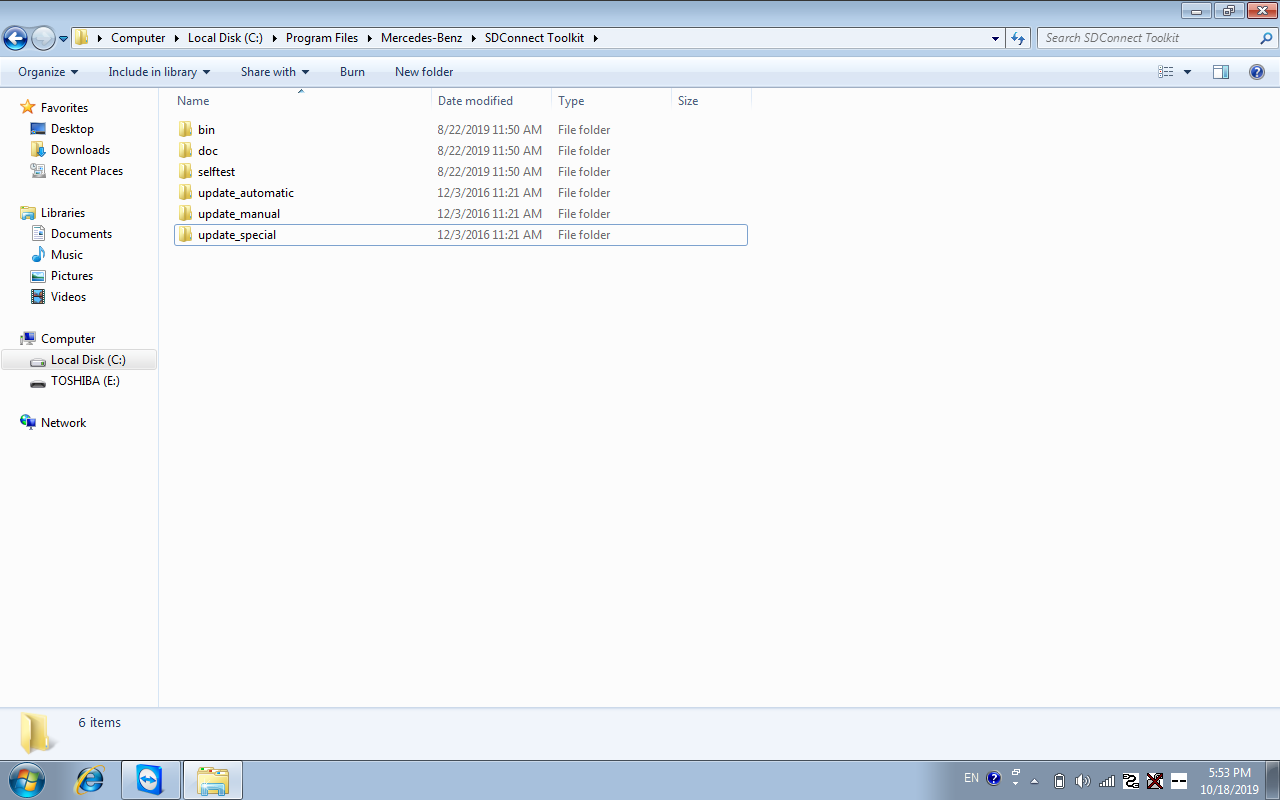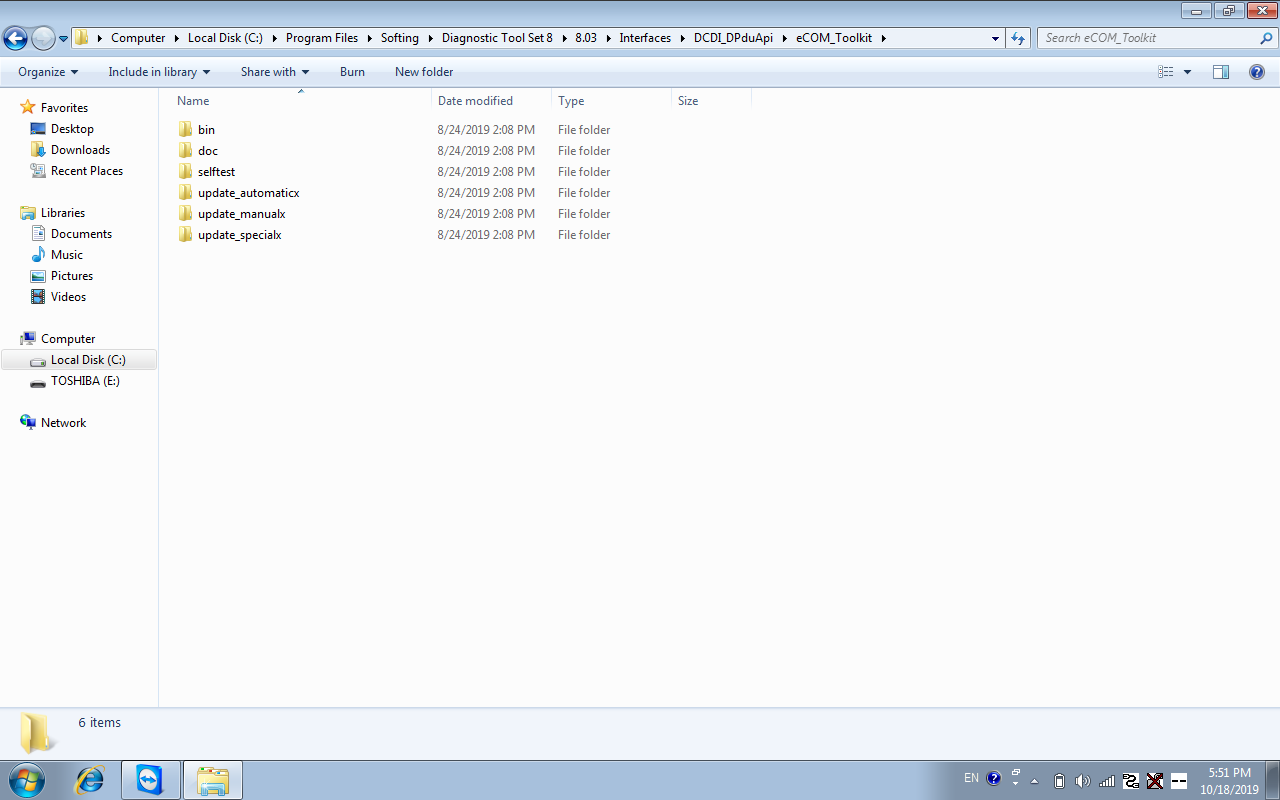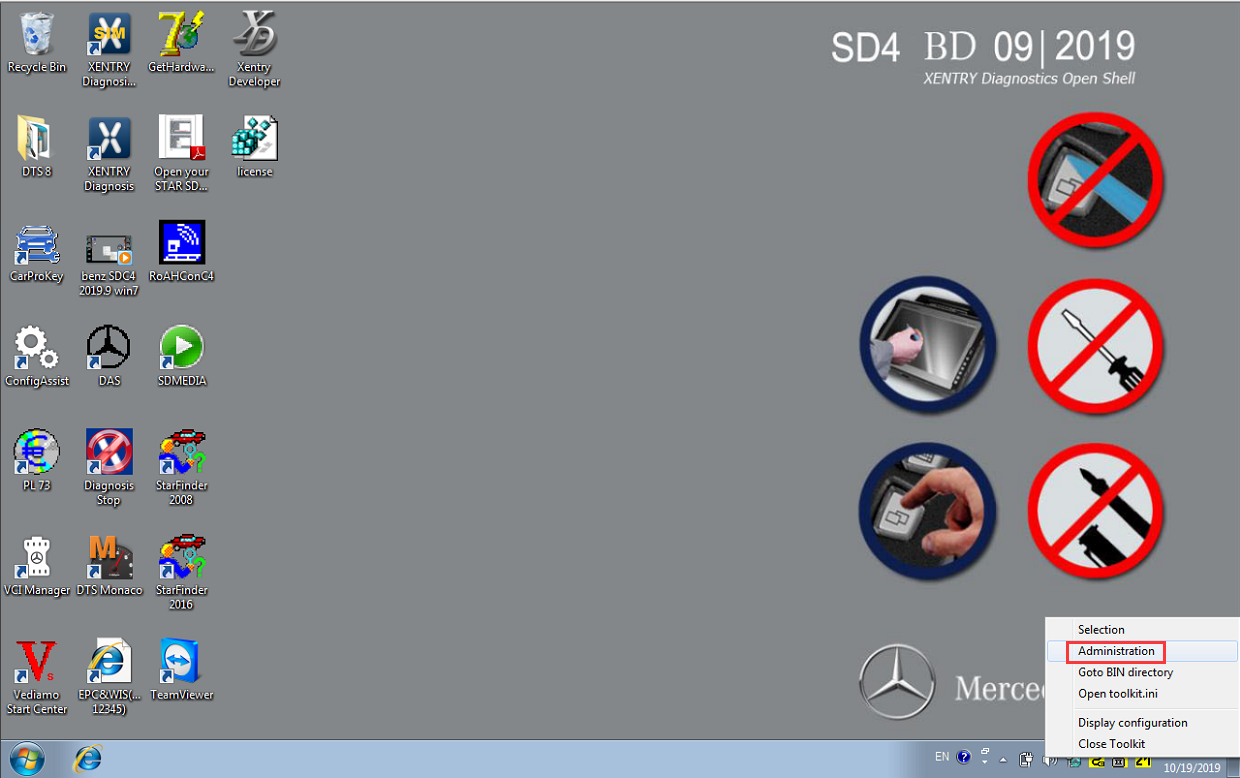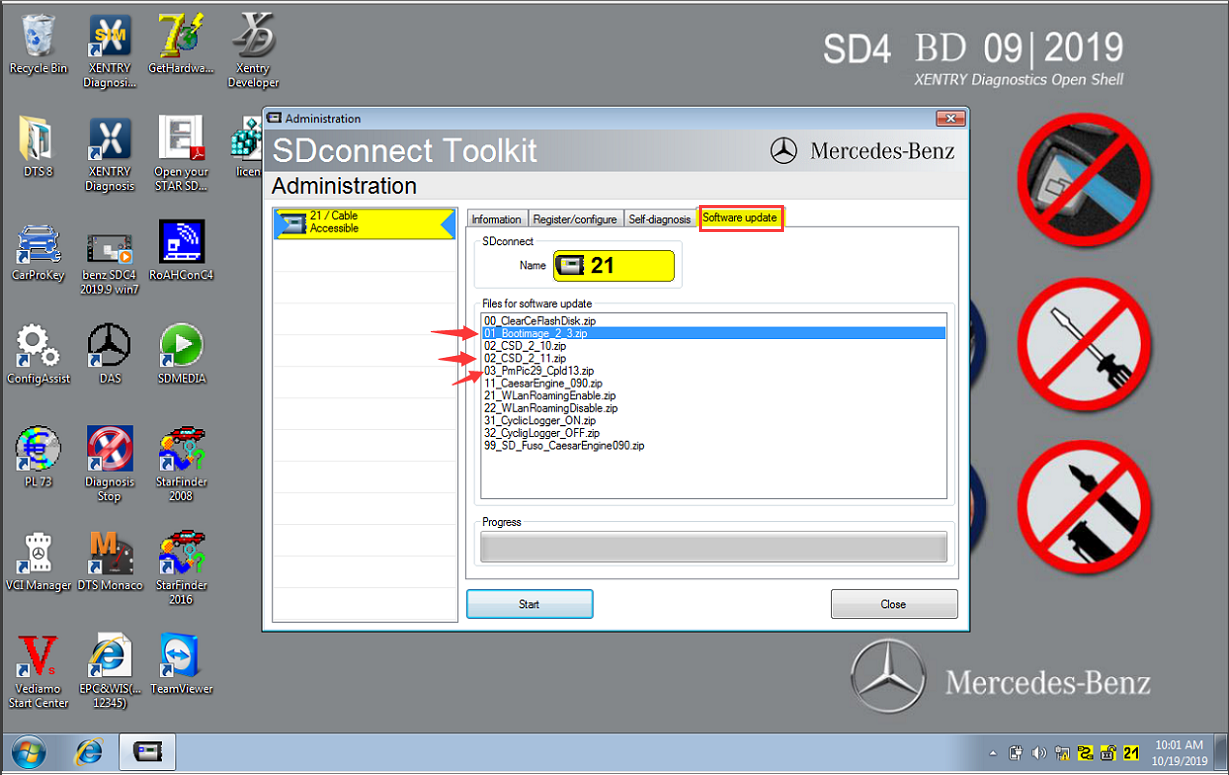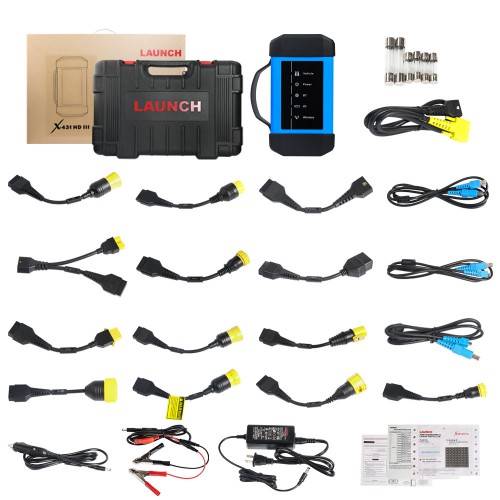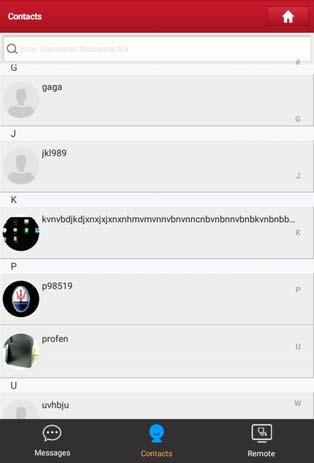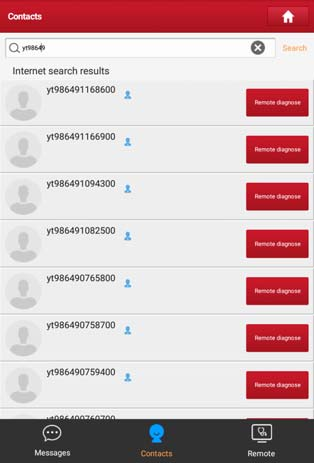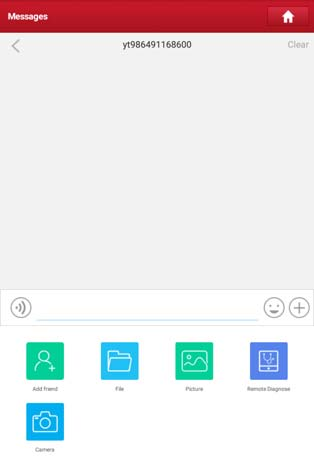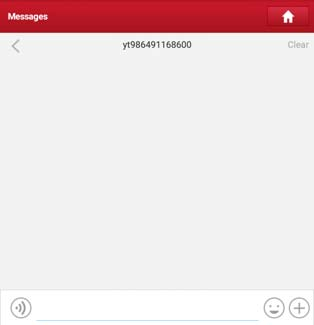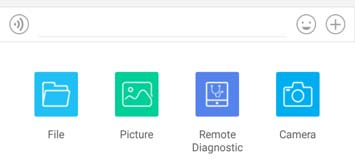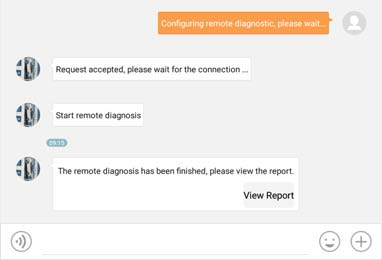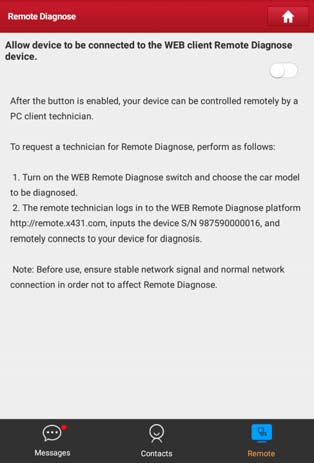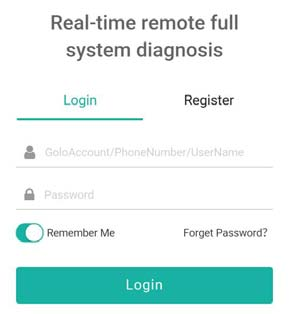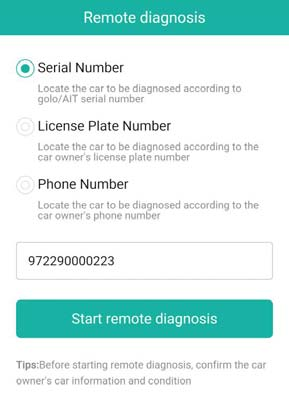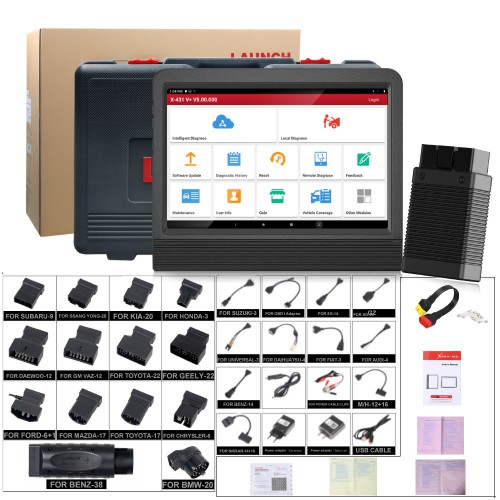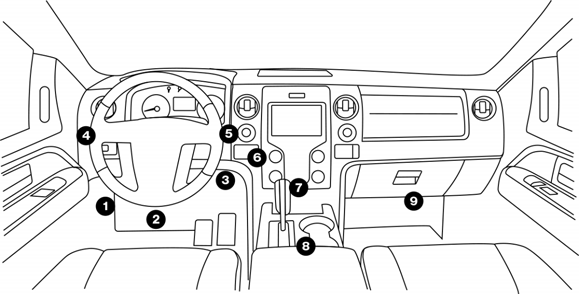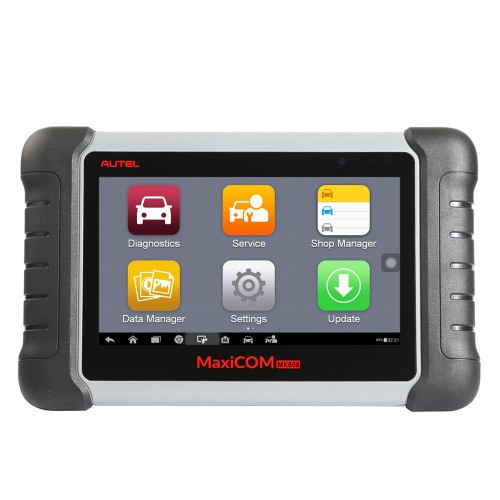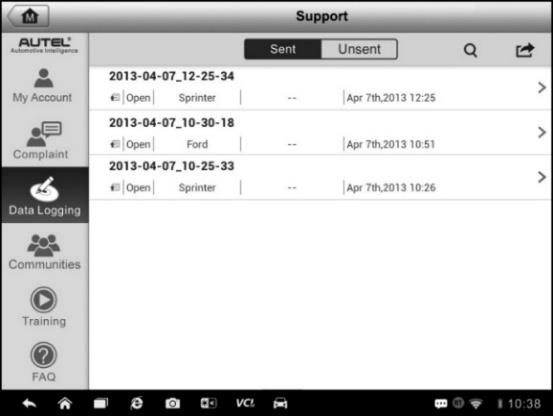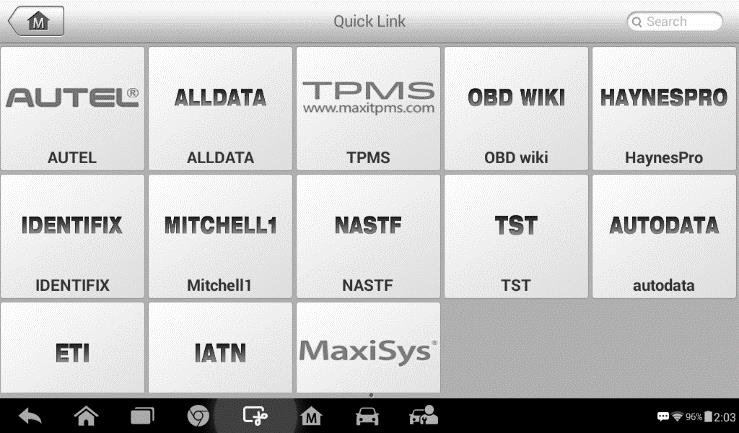As a multifunctional automotive diagnostic platform designed for automotive maintenance, Xhorse VVDI2 Immobilizer Key Programmer supports the following functions:
(a)For Volkswagen Software:
Support for Volkswagen, for Audi, for Skoda, for Seat, for Porsche, for Bentley ect.
Main Function:Diagnose,4th immo,5th immo system
Learn key
remote adaptation
change KM
Program Engine control unit(Passat ICC By OBD)
Unlock Immo1/Immo2 firmware protection
Support data manipulation tools
K-line instrument /immo box
adapt unit module component protection, dump tool and so on
(b)For Porsche Software:
Support file make key and key learn by OBD2
EEPROM support:1L15Y,2M25J,5M48H,1N35H

When use Xhorse VVDI2 professional tool to perform Transponder Programming function, customers should know the knowledge and use tips below.
It can Support the following types:
1) Autodetect Transponder
2) PCF7930/PCF7931/PCF7935
3) HITAG2
4) HITAG2+ EE
5) HITAG2 Extended
6) HITAG3
7) HITAG Pro
8) HITAG (BMW)
9) HITAG (VAG)
10) MEGAMOS13
11) MEGAMOS48
12) MEGAMOS8E
13) TEMIC 11/TEMIC 12
14) TEMIC 8C
15) TIRIS 4C
16) TIRIS DST 4D/4E
17) TIRIS DST+
18) T5/TK5551
(1)How can it auto-detect other transponder devices?
Input transponder to VVDI2 programmer, press button “Auto-detect Transponder”, it will detect transponder type and simple status information. You can turn to specify type after success read. Auto-detect Transponder function can run without software, just provide power to VVDI2, press button “T” on the device, transponder type will show in the LCD display

(2)PCF7930/PCF7931/PCF7935
Many old cars use this transponder as immo transponder, this transponder support generate many types special transponder. It mainly contains Password, Main memory, Shadow memory etc. Note: PCF7930 and PCF7931dont have Shadow memory, only have Main memory. PCF7935 have this 2 memory both. Shadow memory only has 16 bytes
Write: You need read transponder success before write, modify the position to your expect value, the byte will change read after edit, then write to transponder.

Read Transponder: Read Main memory don’t require password
Write: For the transponder enabled Password feature, you must place correct password in Password area before write
(3)HITAG2
HITAG2 is very popular immo transponder, t is compatible with PHILIPS
PCF7936 transponders. It support following types:
PCF7936
PCF7941
PCF7942/44
PCF7943
PCF7945
PCF7946
PCF7947
PCF7952
PCF7953
PCF7961
(There’s some other HITAG2 transponder made by small company, it don’t have the above type, but also support)
Access method shown as below:
PCF7936 support Password mode and Cipher mode
Other’s don’t have Password mode itself, only have Cipher mode
For Password mode: Only SK low was used for login,Default key:4D494B52
For Cipher mode: It use SK low and SK high for login, Default key: SK low:
4D494B52; SK high: 4F4E
Coding method shown as below :
Support Manchester and Biphase coding (Note: Most immo transponder use
Manchester coding, rarely use Biphase type)

How to Read Transponder?
- It will read all readable page and shown in window (Transponder information,Transponder data, Remote control(not all transponder have this area)),it will try password mode and cipher mode automatically, also Manchester and Biphase automatically. For the transponder with default key we can read all readable pages. If the transponder was changed SK value, we can only read ID before you input correct SK value in Parameter. Every page in HITAG2 has 4 bytes. The type is detect with identifier, so it will not strictly for many OEM keys
- About the transponder manufacture configuration(TMCF)
TMCF byte is very important; usually it is the first byte in Config page. Example: Config page is “XXYYZZWW” (4 bytes). The first byte “XX” is TMCF,write error TMCF value can lock the transponder or damage it. The specify explanation for TMC following: Convert XX(hex) to binary, it have 8 bits, every bit can be 0 or 1, we set as: X1 X2 X3 X4 X5 X6 X7 X8
What’s the meanings of X1 X2 X3 X4 X5 X6 X7 X8 ?
X1: If set to 1, the SK low and SK high was unable to read and write
X2: If set to 1, the Config page was unable to write, but read is always available
X3: If set to 1, Remote control area was unable to read and write(Note: PCF7936
have none about this bit)
X4: If set to 1, transponder data was unable to write, but read is always available
X5: If set to 1, transponder is use transponder data area. If set to 0, mean use remote control area (Attention: For PCF7936, if set to 1, transponder use Cipher mode, if set to 1, transponder use Password mode)
X6: Always 0, reserve bit (Attention: PCF7936 must set to 1, set to 0 will damage transponder)
X7: Always 0, reserve bit (Attention: PCF7936 must set to 1, set to 0 will damage transponder)
X8: If set to 0, transponder use Manchester coding, if set to 1, use Biphase coding (CDP)
How to change a byte to binary: With PC system Calculator ->Select Scientific->Select Hex ->input TMCF value ->Select Bin, you can see the binary values. If binary not havetotal 8 bits, means the front have several 0
Example: TMCF value is C8, so X1-X8 have value: 11001000
The transponder use Manchester coding
The transponder use transponder data area
The SK low and SK high was unable to read and write
The Config page was unable to write, but support read
That's how it goes with Xhorse VVDI2 Immobilizer Key Tool to perform transponder programming. You guys would learn quite a lot.
Don't forget to contact us at:
Email: sales@CarDiagTool.co.uk
Skype: cardiag.co.uk
Whatsapp: +86 15002705698
Or leave a message at https://www.cardiagtool.co.uk/
to tell us what suggestions or questions you have about our products.
Source:http://blog.cardiagtool.co.uk/xhorse-vvdi2-immobilizer-key-tool-transponder-programming-tutorials/
